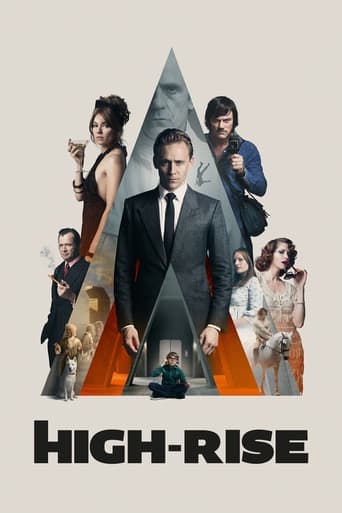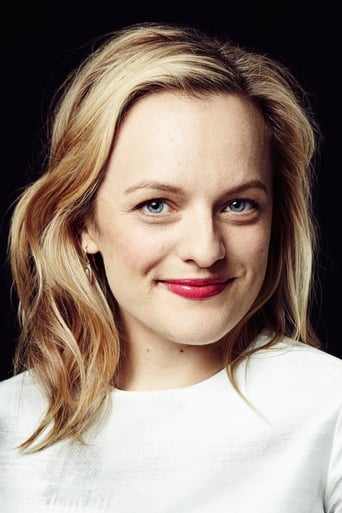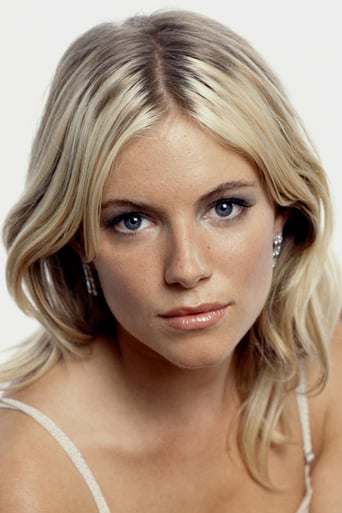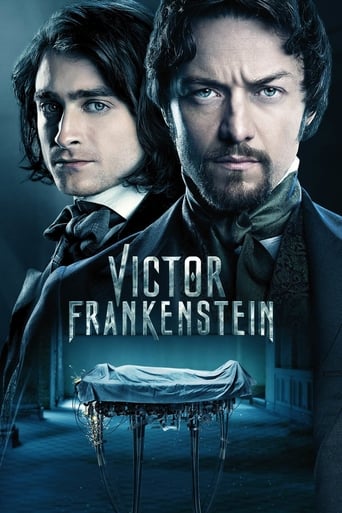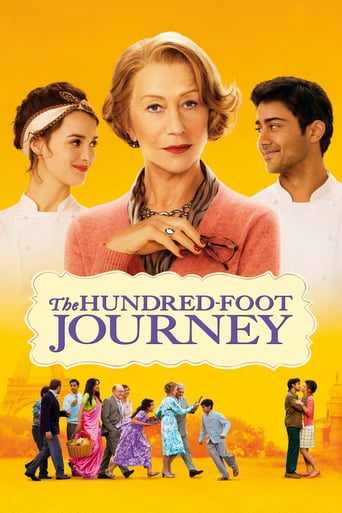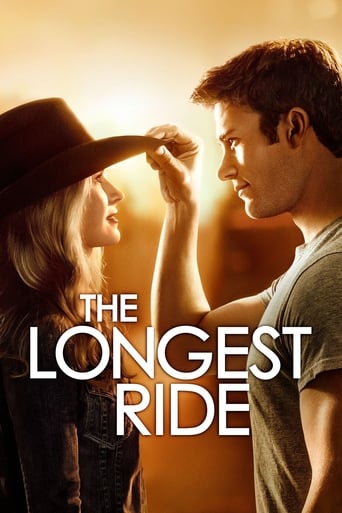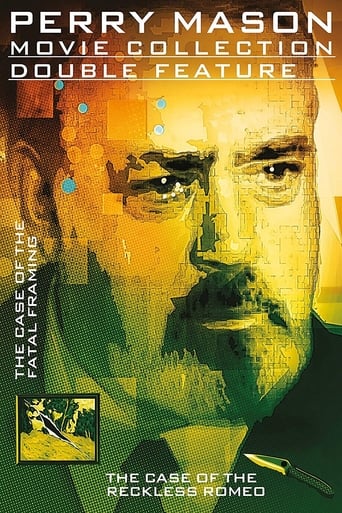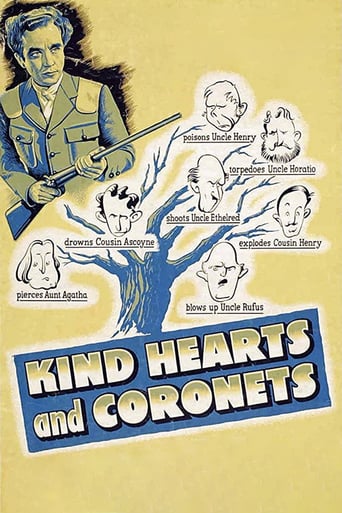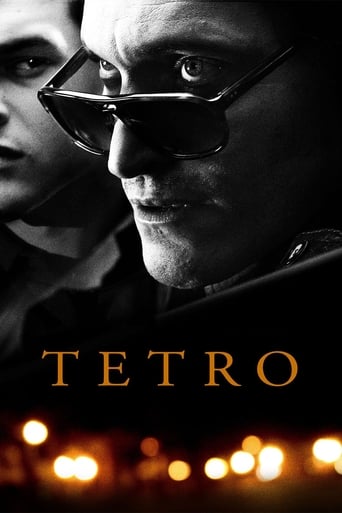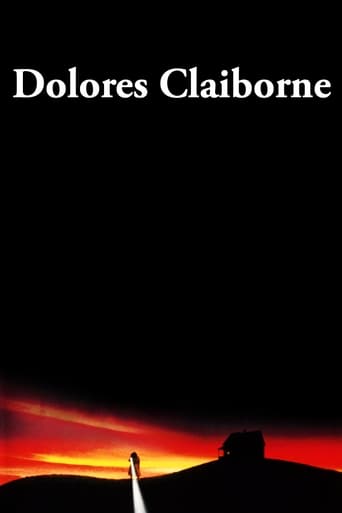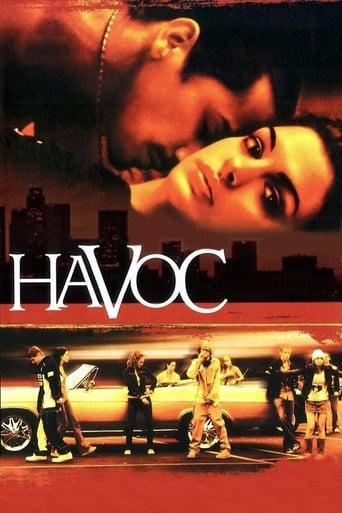High-Rise (2016)
Life for the residents of a tower block begins to run out of control.
Watch Trailer
Cast
Similar titles
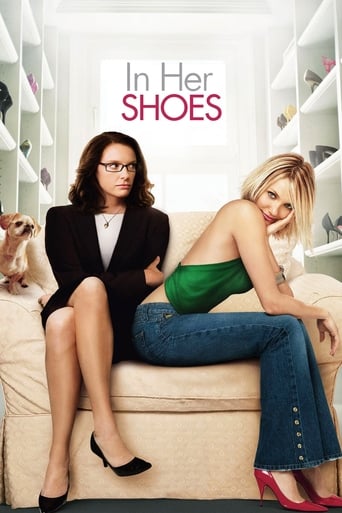
Reviews
You won't be disappointed!
Best movie of this year hands down!
It's not great by any means, but it's a pretty good movie that didn't leave me filled with regret for investing time in it.
This is a small, humorous movie in some ways, but it has a huge heart. What a nice experience.
Good cast. Awful movie. Seems to be a ripoff of a good George Orwell type plot.
Not a patch on Wheatley's highpoint, Sightseers. It looks and sounds great and we could watch Sienna Miller in anything, but this badly needs a re-write. Just too damned obscure and aimless to be anything other than frustrating to watch.
High-Rise will eventually be recognized as the first definitive cinematic exploration of where we actually reside in our postmodern world. Radical Autonomy, the ethos of postmodernism, is now the norm of culture. All forms of actual community have been destroyed, especially the cornerstone of all expansive forms of social community, the nuclear family (Yorgo Lathimos' masterpiece, Lobster, focuses exclusively on this element, yet his hero is, unlike Dr. Laing, totally oblivious, but is finding his way haphazardly). And in High-Rise, pregnant Helen is the last woman/person standing in defending this cornerstone, this Alamo of hers in the belly of the Beast (the Building as metaphor for the culture we are now imprisoned in).Helen stands valiantly alone in her battle, a Don Quixote absent the fantastical egotism, staring realistically and directly into the pit of uncompromising alienation all around her, but she will find an ally in the Great Liberator, Dr. Laing, the beating heart of the film, a real glimpse at hope, not sentimental rubbish, revealing the basic failing of postmodernism beneath its clutter of hedonistic excess: a world programmed solely for each individual to get his/her needs met, setting everyone off and against each other in selfish paroxysms.The visionary architect of the film is appropriately named Royal— that's Ayn-Randian Royalty, the fully actualized visionary architect who will, as the greatest autonomous artist in history, restore what is grand, as King and God—towering above all other artists in a ruling progressive "professional class" determined to kill the past to create the future. His determination is to restore the essence of what the Western World sacrificed to gain radical autonomy: true, not pretend, community. That's the heart of the great existential joke of the film, and what makes the film a true postmodern satire of epic proportions, and why each repeated viewing brings on ever more hilarity. For example, it is deemed by the upper- floor residents that children should not be allowed in the pool because they can't control their bladders (the upper classes have actualized their autonomy and simply would not submit to any demands from any other, especially a child, so why even have one?), and every time the cameraman returns to filming the pool, you can see how editors bled yellow into the water where the children swim. Trust me—it does get funnier on every repeated viewing!The professional class (progressives) harnessed most of its power from the psychoanalytic movement, what had Kafka scream, "No more psychology!", and the Psychiatrist of High-Rise, Talbot, clarifies Kafka's concern, a psychology of self- centeredness in the radical promotion of self over everything, including every other, including children ("I can't be there for my child until I get myself together, dammit!"), and including history itself! The basic distinction between a liberal and a progressive is the latter seeks to kill the past to create its vision of a future, independent of all other influences, to make it pure! And the liberal seeks always to remember the past to avoid the existential horrors we get looped around in throughout history! And of all the professionals in the film, Richard Wilder comes closest to being an old school liberal force, but in whose animalistic pursuit of the truth in a concrete jungle turns himself into his own worst enemy, in the end fulfilling the Building's demand that he rape and murder to fully actualize his radical sense of justice! He is assigned by the Building to demote Charlotte who has gotten far too comfortable in her successful orchestrations of parties at all levels of engagement, and why a quick bond develops between her and the protagonist, Dr. Laing, both accomplished navigators, but Charlotte navigates inside the Beast to acquire maximum benefits, and Laing comes from a world of broad knowledge and seeks not only to move comfortably, but to seek restoration of nuts and bolts of true humanity in the process (an attitude glimpsed for flitting moments inside once suffocated tear-drops).Wilder is a man engrossed in a mission to uncover evil and promote the good, but he lives simultaneously in both worlds, the ancient liberal world of honor and fighting doggedly to reveal the truth, and the postmodern world where everyone is out for him/herself, and damn the truth in process!, and in his animal pursuit of truth and justice, he is taken over by the malevolence of the Building, and finally realizes the Building (postmodern culture) was always more powerful than he, and his dark side ends in manifesting absolutely in the power he utilizes to defeat the Building! Wilder more than anything wants to win, and so he ends in sacrificing his wife and children and his very humanity for this bold adventure into wining, not loving.Dr. Laing is the postmodern warrior par excellence. He not only has embraced his Iliad, but ignores an Odyssey (no home to return to). Charlotte chooses for Laing when she throws the picture of him and his dead sister to the floor, the last remnant of Laing's delusory clinging to a world that has passed away. He will not be conned by any peripheral, especially from the "progressive class" and its relentless Kantian maze of dysfunctional morality and ethics, although because he and Royal are both absolute visionaries, they share an affection for each other in this regard. But Laing, like Helen, is no Don Quixote trapped in egotism. He is willing to strip away every peripheral to arrive at the nuts and bolts of what is truly true about the human condition. Wilder gave him all he knew, and so did Charlotte and Royal and everyone else, and now it is left to Laing who knows where the heart of restoration begins, with everyone loving the baby born into a genuine community, the first incipient model of nuclear family restoration unto fully actualized community.
The question intriguing me after watching High Rise wasn't whether it had sufficiently excoriated the class system, as the writer and director seem to have hoped it would, but whether they had understood Ballard's remarkable book at all. Clumsily, almost as an afterthought, the film closes (and it's not a spoiler to say this) with a cheap political shot against 'capitalism'. How very 'Spitting Image'. But Ballard was better and smarter than that. The societal collapse he was describing was just as much a feature of socialist, fascist or communist societies. His Swiftian vision of mankind wasn't restricted to the fashionable political fetishes of the day but to man himself. An even greater irony is that the failure of the High Rise project stems from the fact that it was a planned project at all - which hardly bangs the drum for the sort of social re-engineering, statism and enforced egalitarianism the film makers seem to be suggesting would be preferable. Indeed, the supermarket stocked with nothing but unbranded products called to mind the Soviet Union rather more than Walmart, and it is strange that the director didn't realise this.It's hard to ignore the heavy-handed sixth form political wallpaper but even if one can, the film is still a weak average. Tom Hiddleston is as detached and android like as Ballard's Laing has to be, though one wonders if he has anything else to him as this does appear to be his stock in trade performance, but the rest of the cast hams and camps it up adequately. The orgies, however, get as tiring and passionless for the viewer as they must have been for the participants, and even the choreographed violence lacks any of the dangerously seductive grace of Kubrick's Clockwork Orange - they are simply unpleasant but not even shocking.It is hard to make a film suggesting a dystopian future by setting it in a past which, clearly, those who made it were too young to have experienced. On balance, I wish they had left it someone else.
